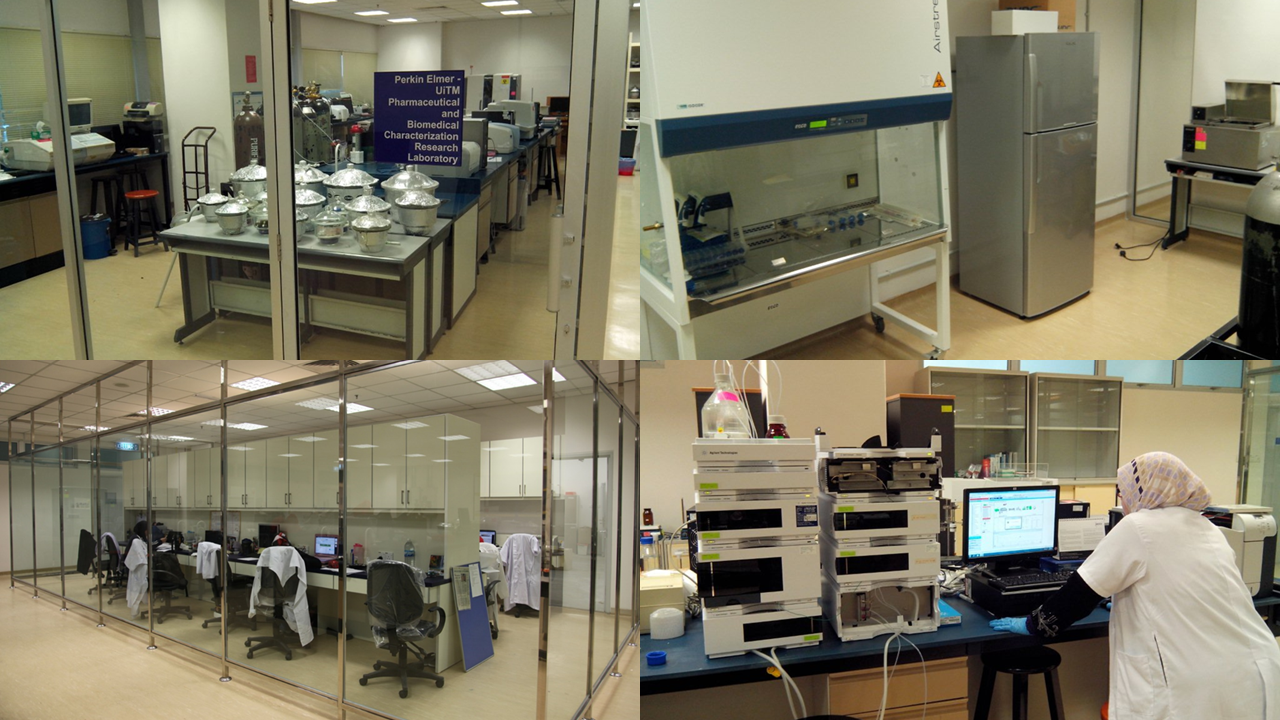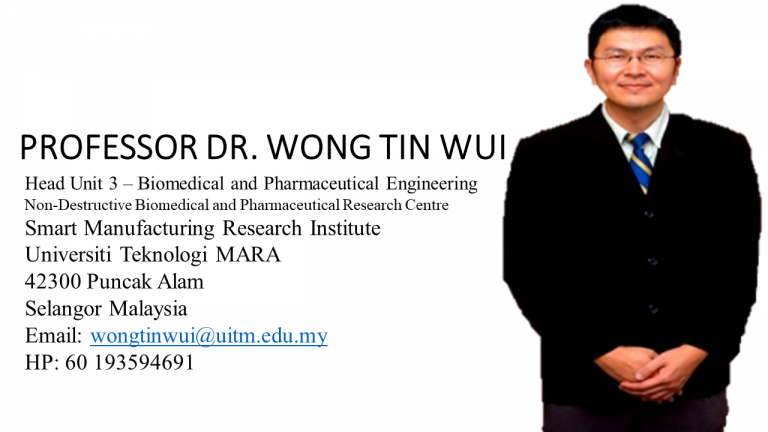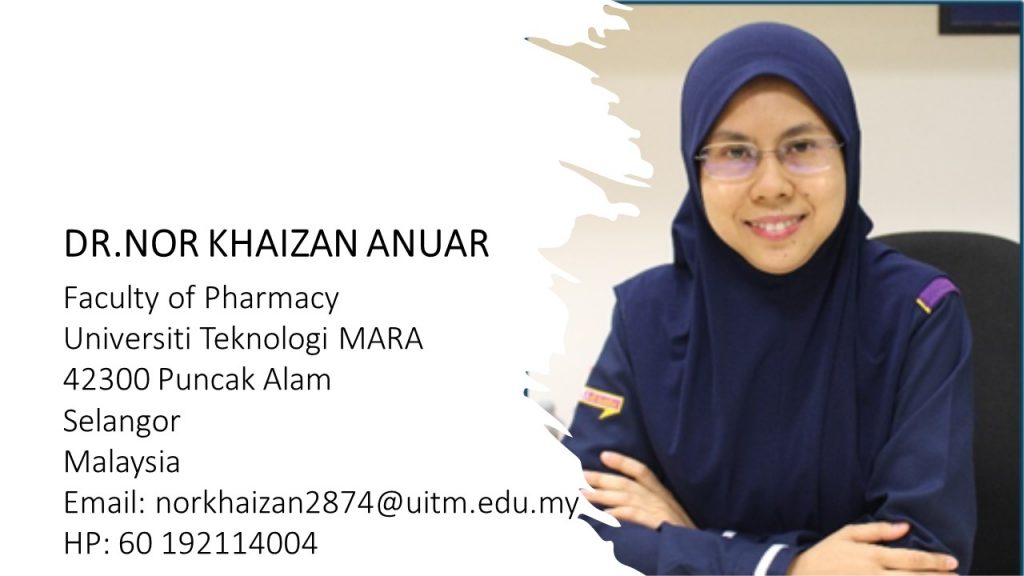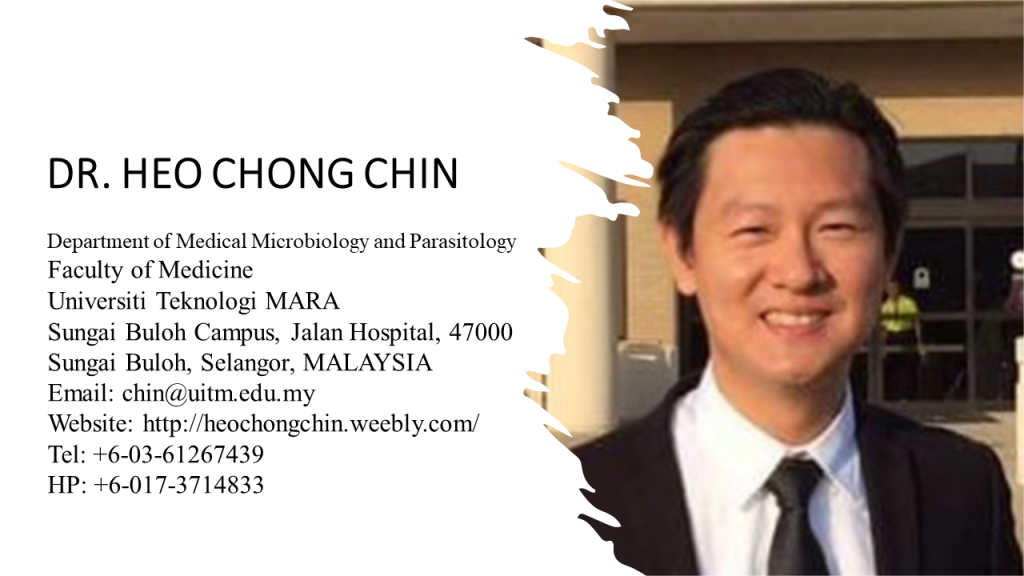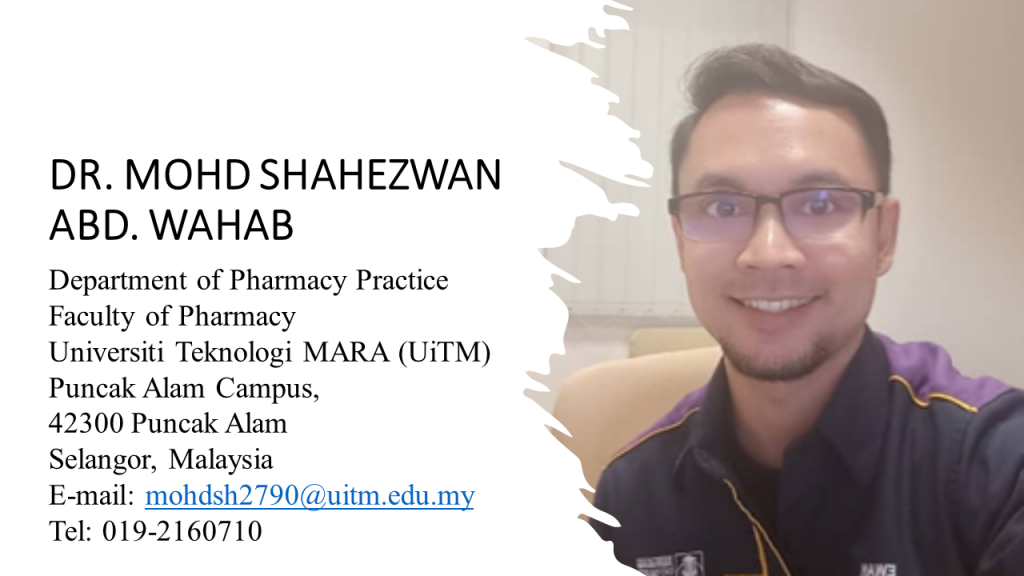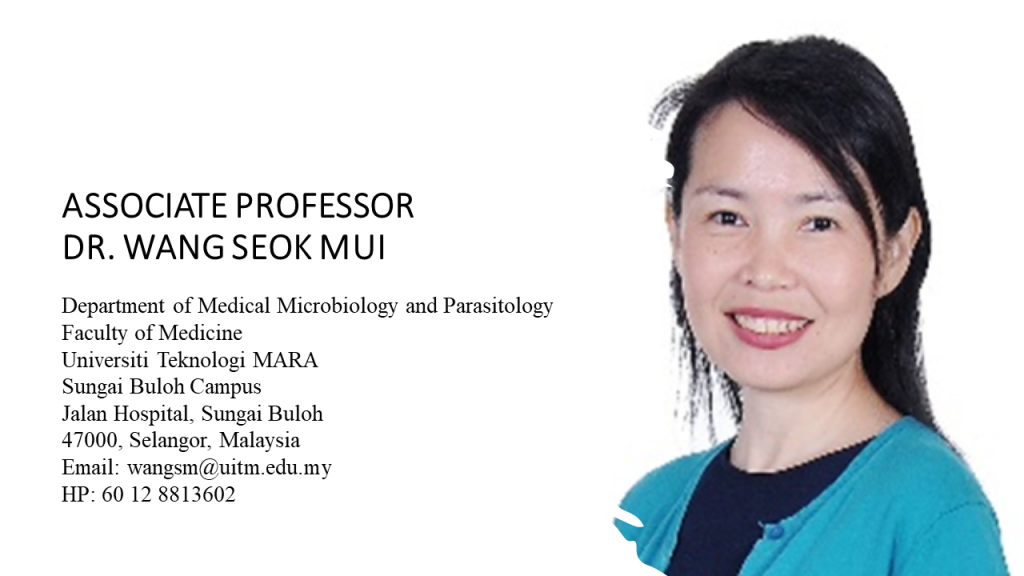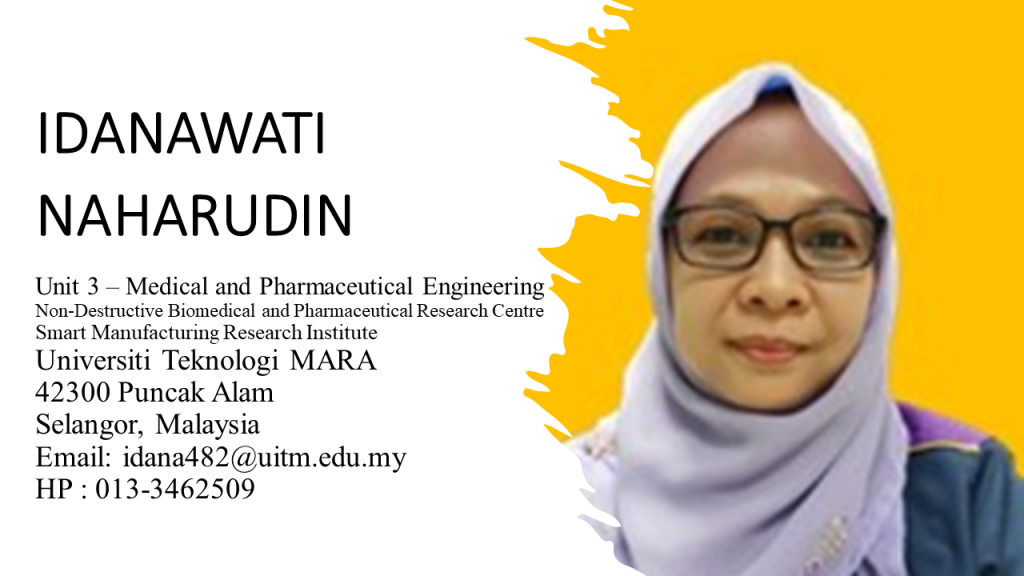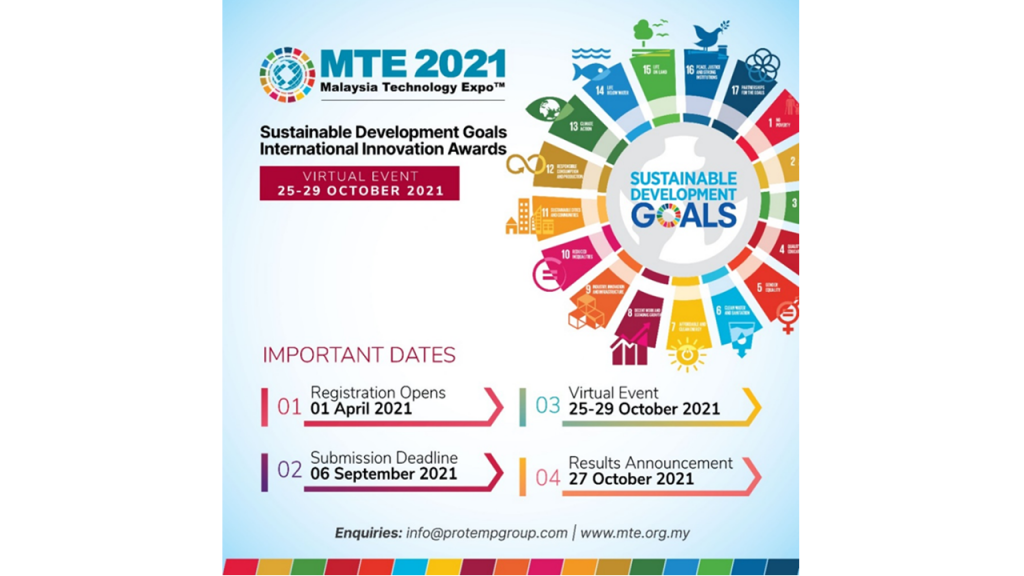Fourier transform
infrared spectrometer/imaging system.
Differential
scanning calorimeter.
Thermogravimetric
analyser.
X-ray
diffractometer.
Raman
spectrometer.
Biochemical
analyser.
Skin tester
(transepidermal water loss, pH, moist etc).
Franz diffusion
cell.
Dissolution
tester.
UV-Vis
spectrophotometer.
Atomic absorption
spectrometer.
Microwave vector
network analyser.
Zeta sizer.
Laser diffraction
particle sizer.
Mercury
porosimeter.
Surface area and
pore size analyser.
Elemental
analyser.
pH meter.
Conductometer.
Cryotome.
Microscope
(compound, stereo, fluorescence).
Scanning electron
microscope.
Transmission
electron microscope.
Confocal electron
microscope.
Total internal
reflectance fluorescence microscope.
Tensile tester.
Microplate reader.
Cascade impactor.
High performance
liquid chromatography etc.


